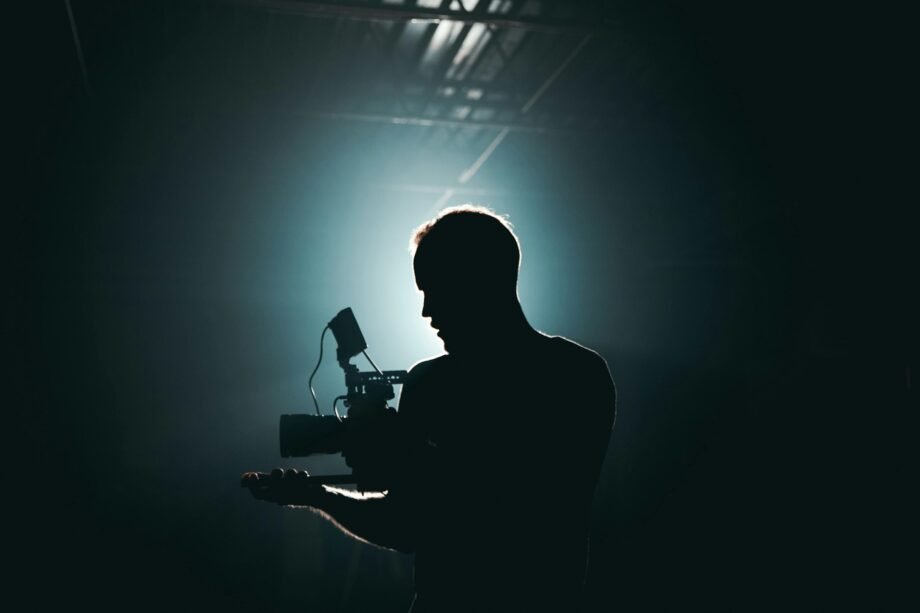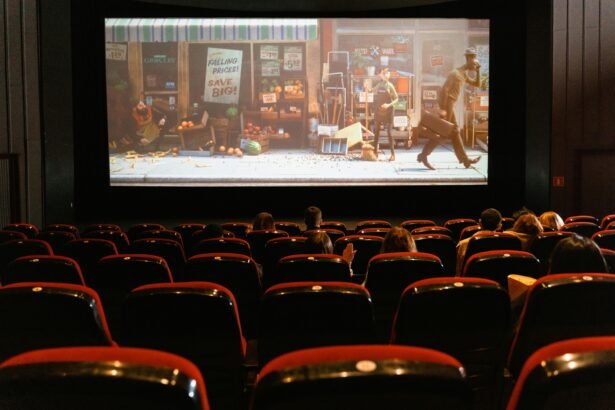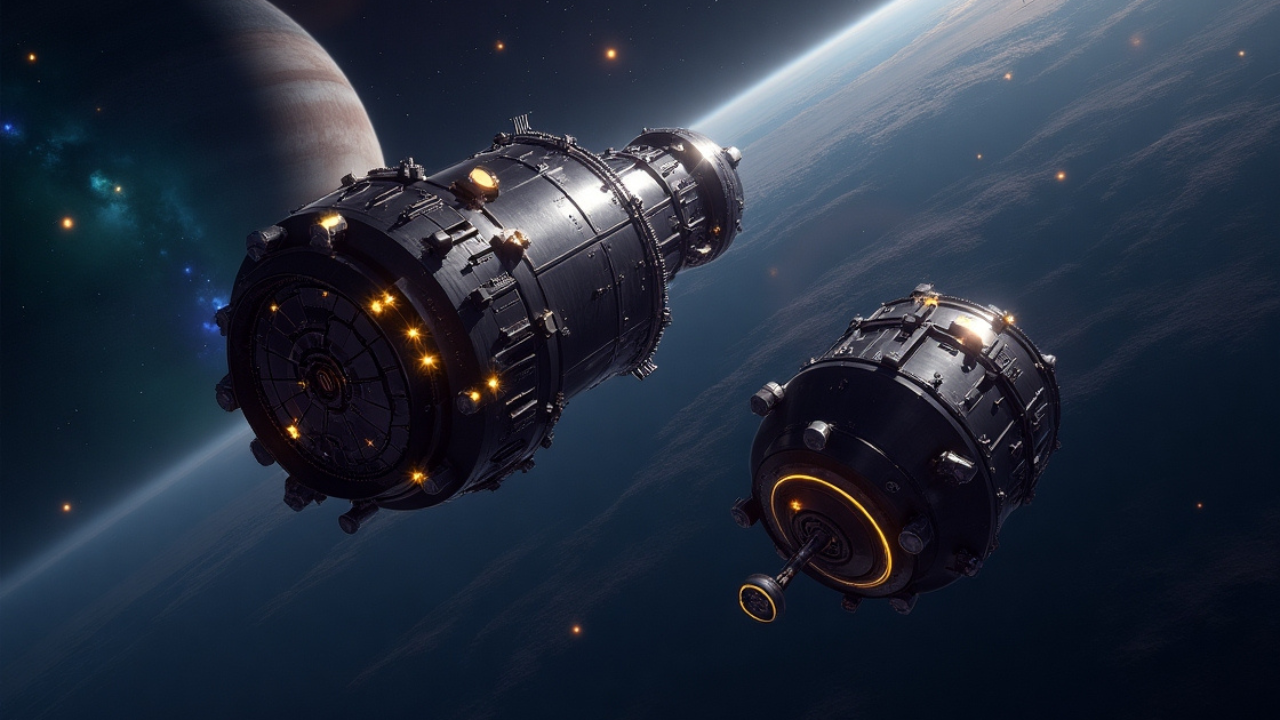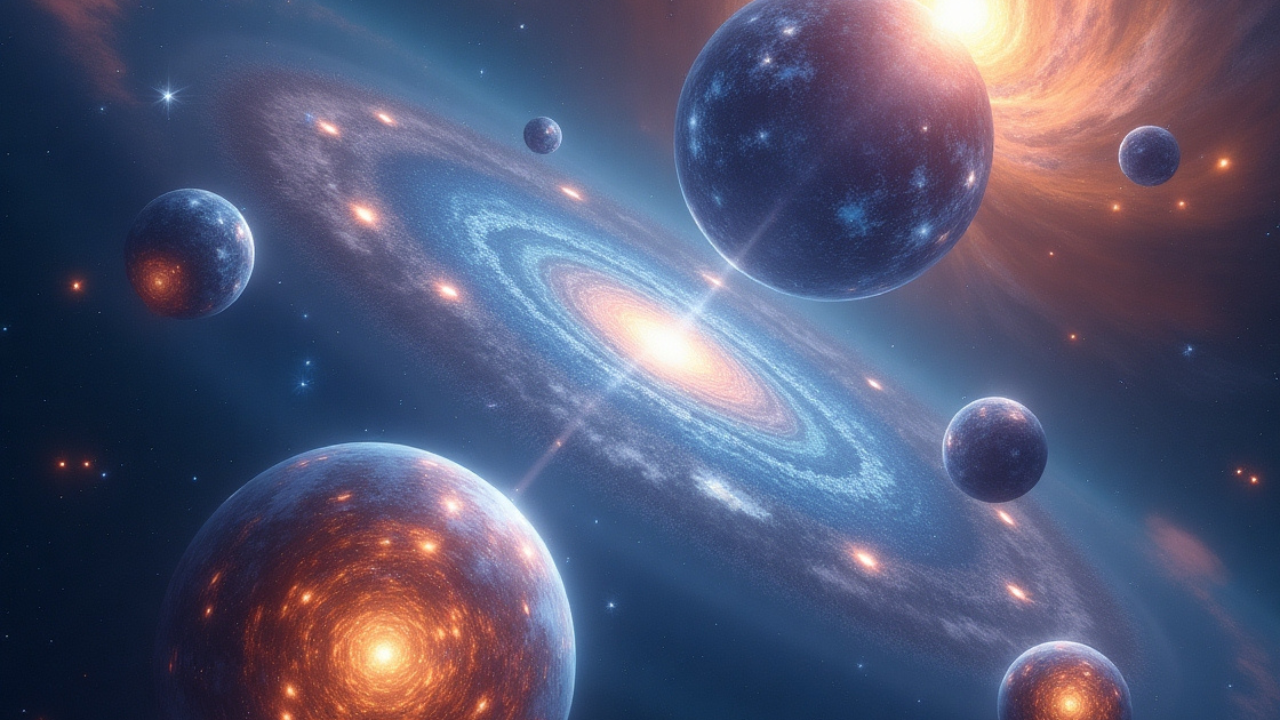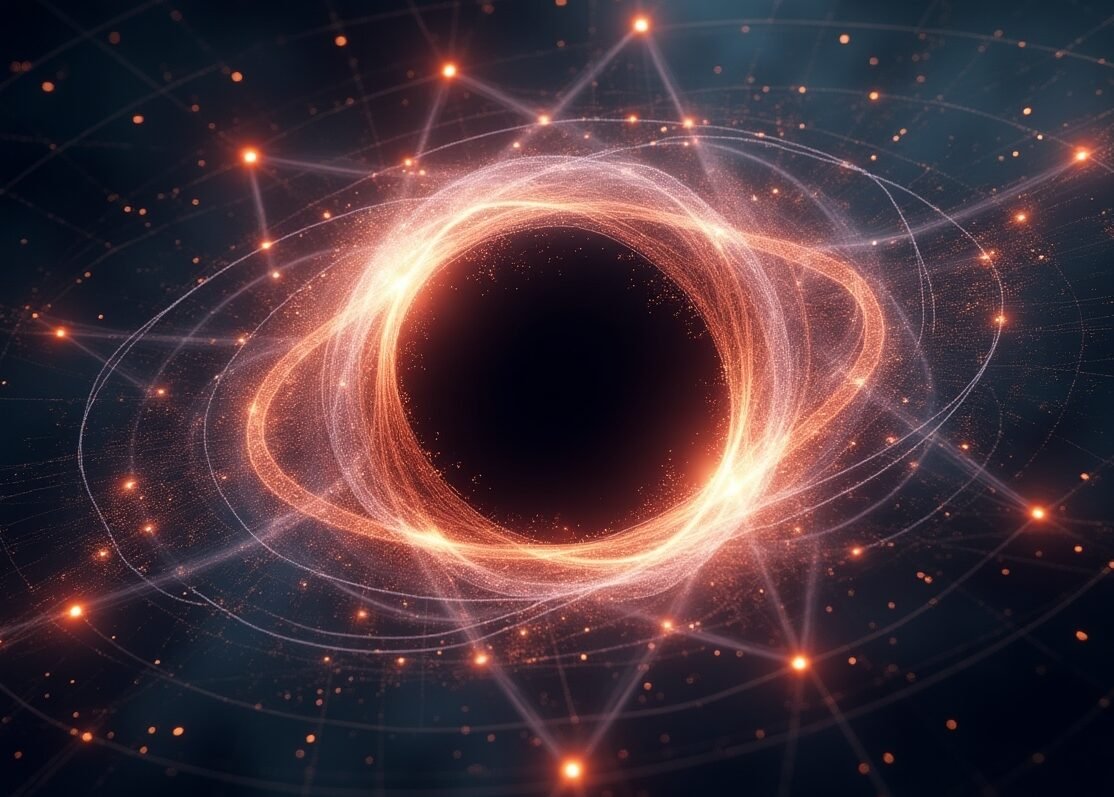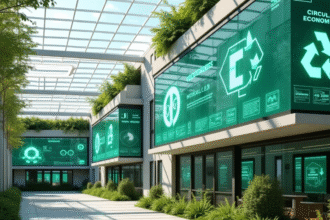The year is 2025, and a quiet revolution is sweeping through Hollywood and independent studios alike. It's not a new cinematic movement or a charismatic director, but something far more fundamental: Artificial Intelligence. From the earliest whispers of a script to the final touches on a visual masterpiece, AI in film is rapidly redefining what's possible, raising both excitement and apprehension about how AI impacts modern cinema.
Once confined to the realm of science fiction, tech in cinema powered by AI has moved from theoretical discussions during CES season to practical applications that are reshaping every stage of film production. Giants like OpenAI and Nvidia are at the forefront, driving innovations that are making AI-created films 2025 a tangible, if still evolving, reality.
The AI Revolution: A New Toolkit for Creation
The pervasive influence of AI isn't about replacing human creativity entirely, but rather augmenting it, providing filmmakers with unprecedented tools to accelerate workflows, cut costs, and unlock new artistic possibilities.
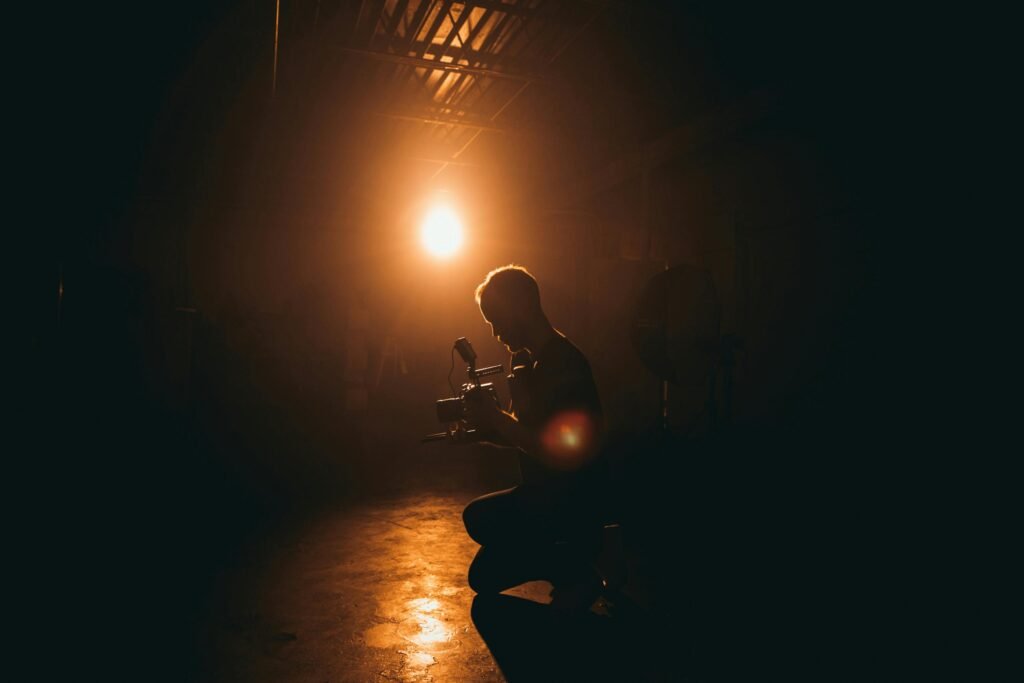
1. Pre-Production Prowess: The journey of a film begins long before cameras roll, and AI is already making its mark here.
- Scriptwriting and Storyboarding: AI-powered tools are assisting writers in brainstorming ideas, developing characters, generating dialogue, and even creating full script drafts. Platforms like NolanAI and ChatGPT can help outline narrative arcs or suggest alternate scenes, freeing up writers to focus on the nuanced storytelling. Beyond text, AI tools like Shai Creative and Boords can transform a script into detailed storyboards, complete with virtual cast and locations, dramatically reducing the time and cost of visualization.
- Casting Optimization: Studios like Netflix are reportedly using AI algorithms to analyze actor performances and audience preferences, predicting which actors might resonate best with audiences for specific roles. This can streamline the casting process, ensuring optimal selections.
2. Revolutionizing Production and On-Set Efficiency: Even on set, AI is proving to be an invaluable assistant, particularly in areas typically dominated by intensive labor.
- Virtual Production & CGI: This is where companies like Nvidia truly shine. Their GPU technologies, like NVIDIA RTX and Omniverse Enterprise, power real-time rendering for virtual sets and immersive environments. AI enhances the realism of CGI, enabling filmmakers to create lifelike animations and complex visual effects on the fly. This reduces the need for extensive physical sets and location shoots, cutting costs and time.
- Camera Operation & Motion Capture: AI-assisted cameras can autonomously track subjects, maintain steady shots, and even suggest optimal camera angles, allowing smaller crews to achieve more complex shots. AI is also integral to sophisticated motion capture, translating actor performances into highly realistic digital characters with unprecedented accuracy.
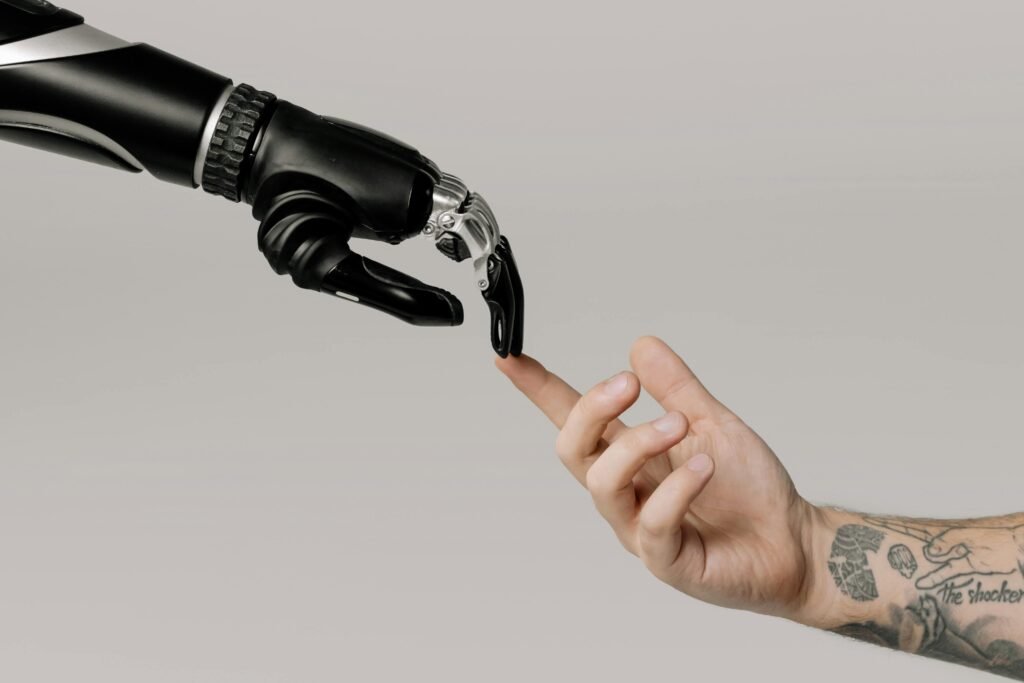
3. Post-Production Powerhouse: The Era of AI Editing Tools The post-production phase has arguably seen the most immediate and widespread adoption of AI editing tools. What once took weeks or months of meticulous work can now be done in a fraction of the time.
- Automated Editing & Enhancements: Tools like DaVinci Resolve AI, Adobe Premiere Pro, and Descript use AI for a range of tasks. They can automatically generate rough cuts, detect filler words in dialogue, enhance audio clarity, and even suggest music based on scene mood. AI facilitates faster color grading, object removal (e.g., removing boom mics or unwanted elements seamlessly), and de-aging actors with remarkable realism, as seen in recent high-profile productions. Source: DigitalDefynd on AI in Movie Making
- Generative AI for Visuals: Platforms like Runway ML offer comprehensive suites of generative and editing tools, allowing filmmakers to create entire scenes, modify existing footage, and generate stylized content from text prompts. These advancements make it possible for indie creators to produce visual effects that would have once required massive budgets. Source: TS2.Tech on AI Video Tools
The Rise of “AI-Created Films 2025“
While fully AI-created films 2025 for mainstream theatrical release are still in their nascent stages, the year has seen significant strides. OpenAI's Sora, for instance, has captivated the industry with its ability to generate high-quality, realistic, and coherent video clips up to a minute long from text prompts. This technology is not just for short social media clips; filmmakers are already using Sora for pre-visualization, concept videos, and even generating entire short films, pushing the boundaries of what a single creator can achieve. Early AI-animated shorts, such as KITSUNE and PI IN THE SKY, are showcasing stunning visuals and compelling narratives, often created with minimal human input beyond the initial prompts. Source: Curious Refuge on AI Animated Films
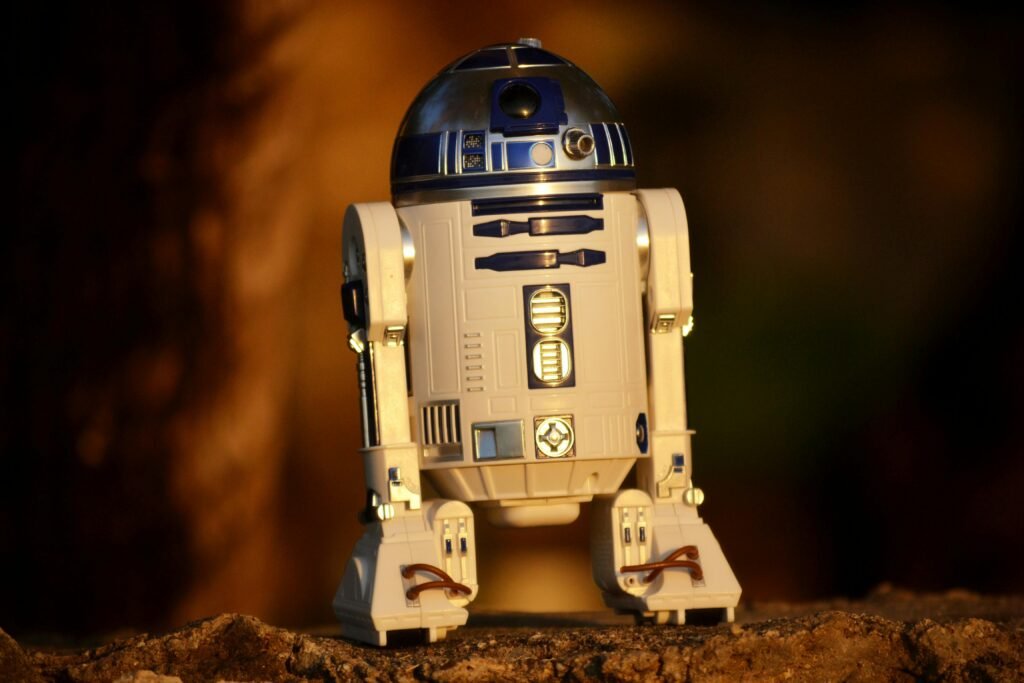
The Debates: Jobs, Ethics, and Artistic Integrity
Despite the immense opportunities, how AI impacts modern cinema remains a subject of intense debate. The global film industry grapples with concerns over:
- Job Displacement: There's widespread anxiety, particularly among visual effects artists, editors, and even actors (due to deepfake and voice-cloning technologies like Respeecher), about AI automating roles. The 2023 Hollywood strikes saw these concerns as central to negotiations.
- Copyright and Authenticity: Issues surrounding intellectual property, fair use of existing data for training AI models, and the very definition of “human authorship” are hot topics. Recent rulings, like Getty Images dropping some copyright claims against Stability AI in the UK, reflect the ongoing legal battles. Source: Mediagazer on Getty Images & Stability AI
- Artistic Integrity: While AI offers efficiency, the question of whether it can truly replicate human creativity, emotional depth, and nuanced storytelling remains. The Academy of Motion Picture Arts and Sciences has already updated Oscar rules to emphasize human authorship at the core of eligible works, a direct response to the rise of AI. Source: Broadcast Media Africa on Cannes 2025 AI Debate
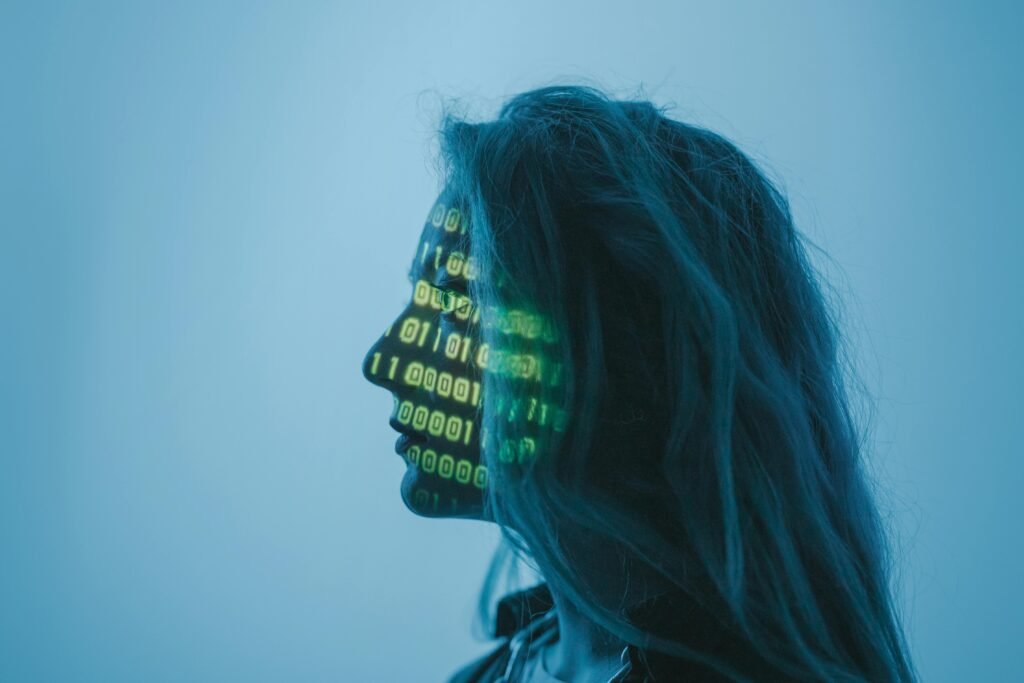
The Future of Tech in Film
As CES season continues to highlight new advancements, AI's momentum in the film industry is undeniable. Directors like James Cameron predict AI could slash blockbuster costs by 50%, while Netflix CEO Ted Sarandos believes it could enhance movies by “10%.” The sentiment is clear: AI is here to stay. The challenge for the global film community is to establish ethical guardrails and embrace AI as a tool that enhances, rather than diminishes, the magic of human storytelling. From OpenAI's groundbreaking generative models to Nvidia's powerful rendering solutions, the tech in film landscape in 2025 is undergoing a profound transformation, opening up a thrilling, if uncertain, new chapter for cinema.
2025 has already delivered cinematic gold, with box office hits that combine spectacle, emotion, and strong storytelling. Whether you're an action junkie or an animation fan, there's something for everyone.
Want more big-screen brilliance? Read our blog on the top-grossing movies of 2025 here. https://trendimint.com/2025/05/28/top-grossing-movies-2025/
What’s been your favorite movie of 2025 so far? Drop your pick in the comments below!


